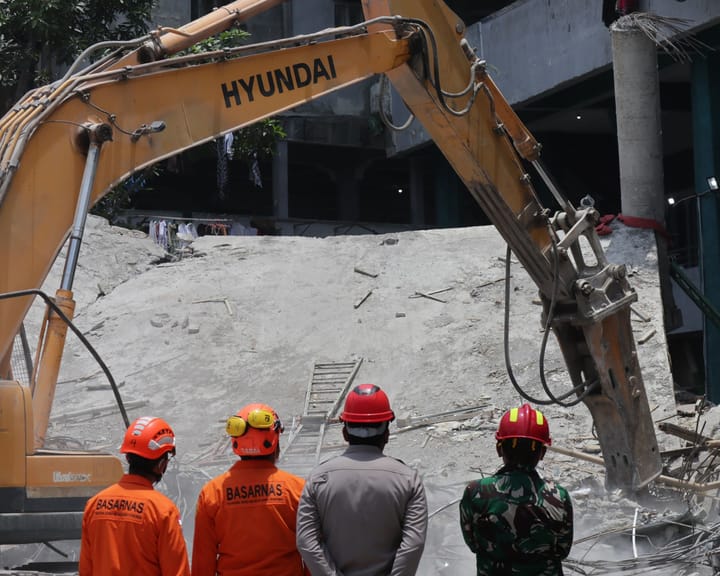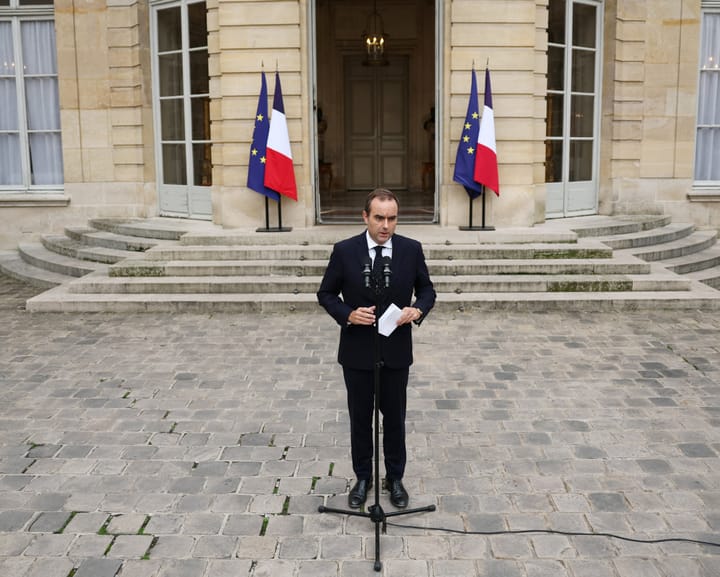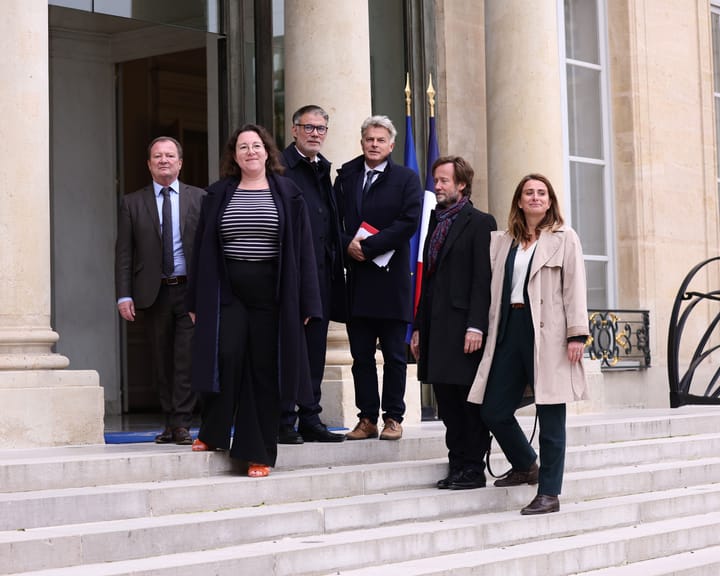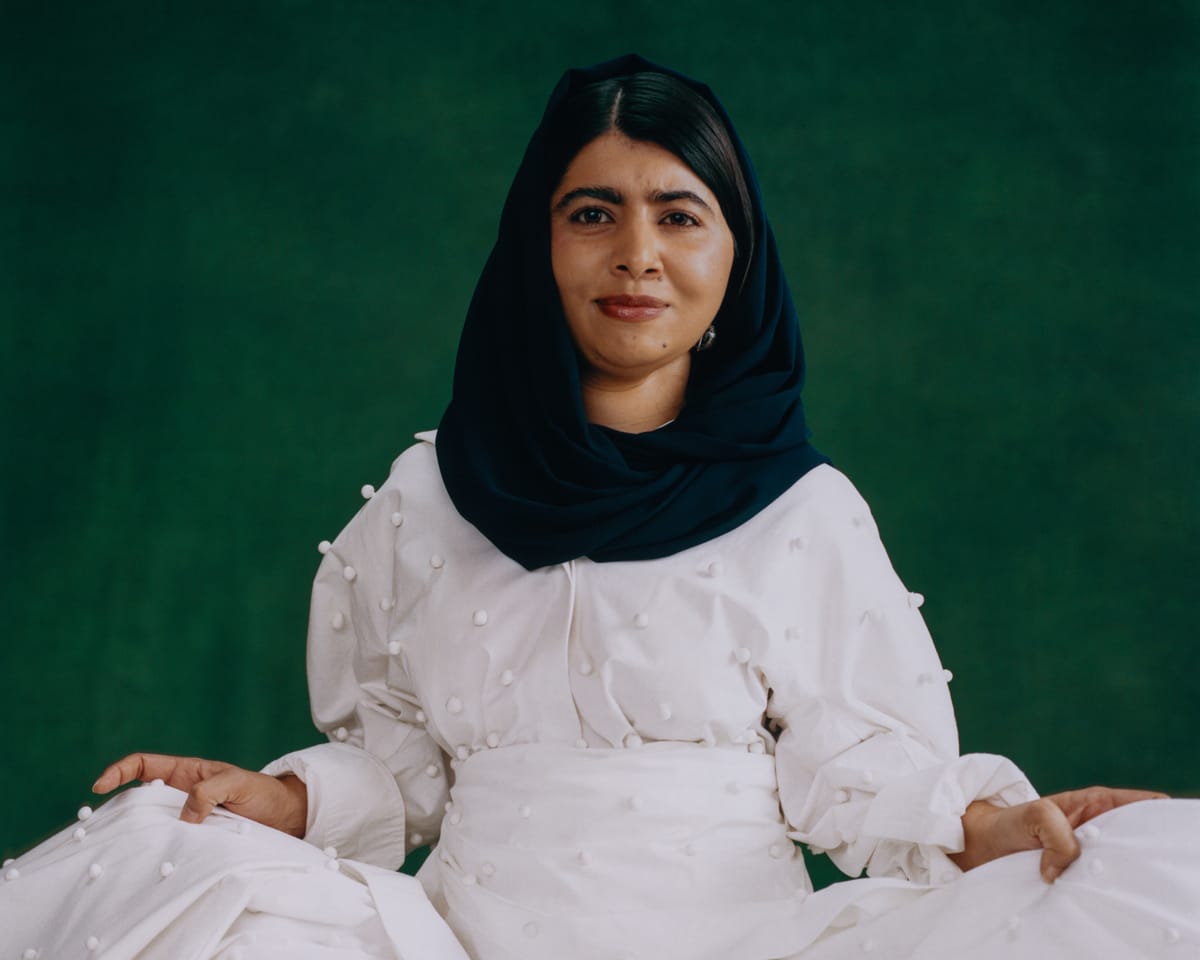I stand in the shed where Nobel Prize winner Malala Yousafzai tried smoking for the first time. No, this isn’t a joke—it’s a serious moment. “My life changed forever,” Yousafzai reflects solemnly as we look at the worn-down structure. “Everything changed after that night.”
The shed is hidden behind Lady Margaret Hall, away from the usual bustle of Oxford’s college life. It’s not easy to find. Yousafzai guides me through courtyards into a secluded garden. Inside, there are grimy glasses, cobwebs, and unfinished board games.
We meet on a sunny afternoon ahead of the release of her new memoir, *Finding My Way*, a follow-up to her 2013 bestseller *I Am Malala*. Wearing a blue shirt, jeans, and a headscarf, Yousafzai walks across the grass, accompanied at a distance by two security guards. The grounds are quiet—it’s summer break—and the few remaining students take no notice as she passes by.
This isn’t our first conversation. Our last interview led to days of criticism for Yousafzai back in Pakistan. Now, as we linger by the old shed, I wonder if this talk will bring more of the same.
In 2021, I wrote about Yousafzai when she was 23, just after graduating. The youngest Nobel laureate—honored at 17 for her work promoting girls’ education—was starting a new chapter in her life.
She began advocating for education at age 11. Her father, Ziauddin, was an activist, and she followed his lead, writing about her experiences as the Taliban shut down girls’ schools in Pakistan’s Swat Valley, where she grew up. At 15, a gunman attacked her on a school bus, shooting her in the head. Airlifted to the UK, she recovered and settled with her family in Birmingham, where she finished school while continuing to campaign for girls’ rights worldwide.
When we spoke in April 2021, she had just earned a degree from Oxford in politics, philosophy, and economics and had signed an agreement with a streaming platform to create films and shows. (That arrangement has since concluded.) We talked at a London hotel before strolling through an empty St. James’s Park during the pandemic. When I asked if she was seeing anyone, she hesitated. “I’ve met people I admire, and I hope to find someone,” she replied, clearly uneasy.
Later, she questioned tradition. “I don’t get why marriage is necessary,” she said. “If you want to be with someone, why sign papers? Why can’t it just be a partnership?”
Her words weren’t extreme. I worried more that her admission of visiting pubs might stir debate, given her background as a Muslim.
Read next

"Indonesia school collapse: rescue efforts conclude with 67 fatalities"
Search Ends After Indonesian School Collapse Leaves Dozens Dead
Indonesian rescuers concluded their search on Tuesday for victims trapped beneath the rubble of a collapsed Islamic boarding school in East Java, after recovering more than 60 bodies, authorities confirmed.
The tragedy in the town of Sidoarjo struck last week when

"French PM makes last-ditch effort to save government as crisis deepens – Europe updates"
France's Political Standoff Continues as Prime Minister Seeks Cross-Party Support
France remains at a political stalemate as the outgoing prime minister, Sébastien Lecornu, makes a final attempt to gather support from rival parties for a new government.
President Emmanuel Macron assigned Lecornu, 39, to form a government in

"Macron calls emergency talks with parties to swiftly pick new PM"
Emmanuel Macron has called upon the leaders of several political factions to his office, urging them to demonstrate "collective responsibility" as he seeks to appoint a new prime minister amid growing political turmoil.
All parties except Marine Le Pen’s far-right National Rally, the largest opposition group, and

